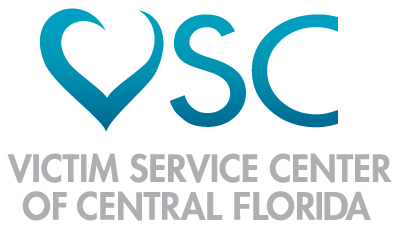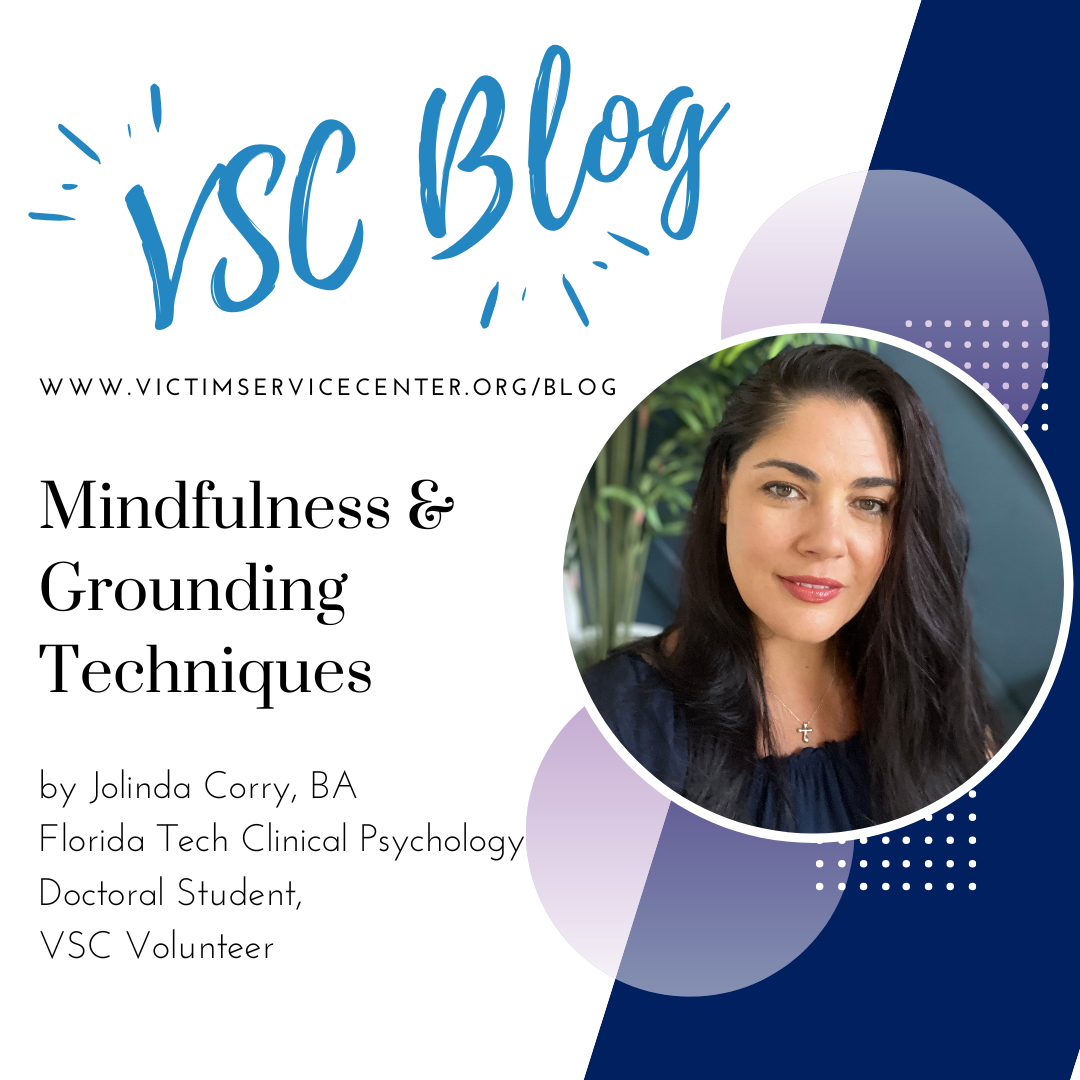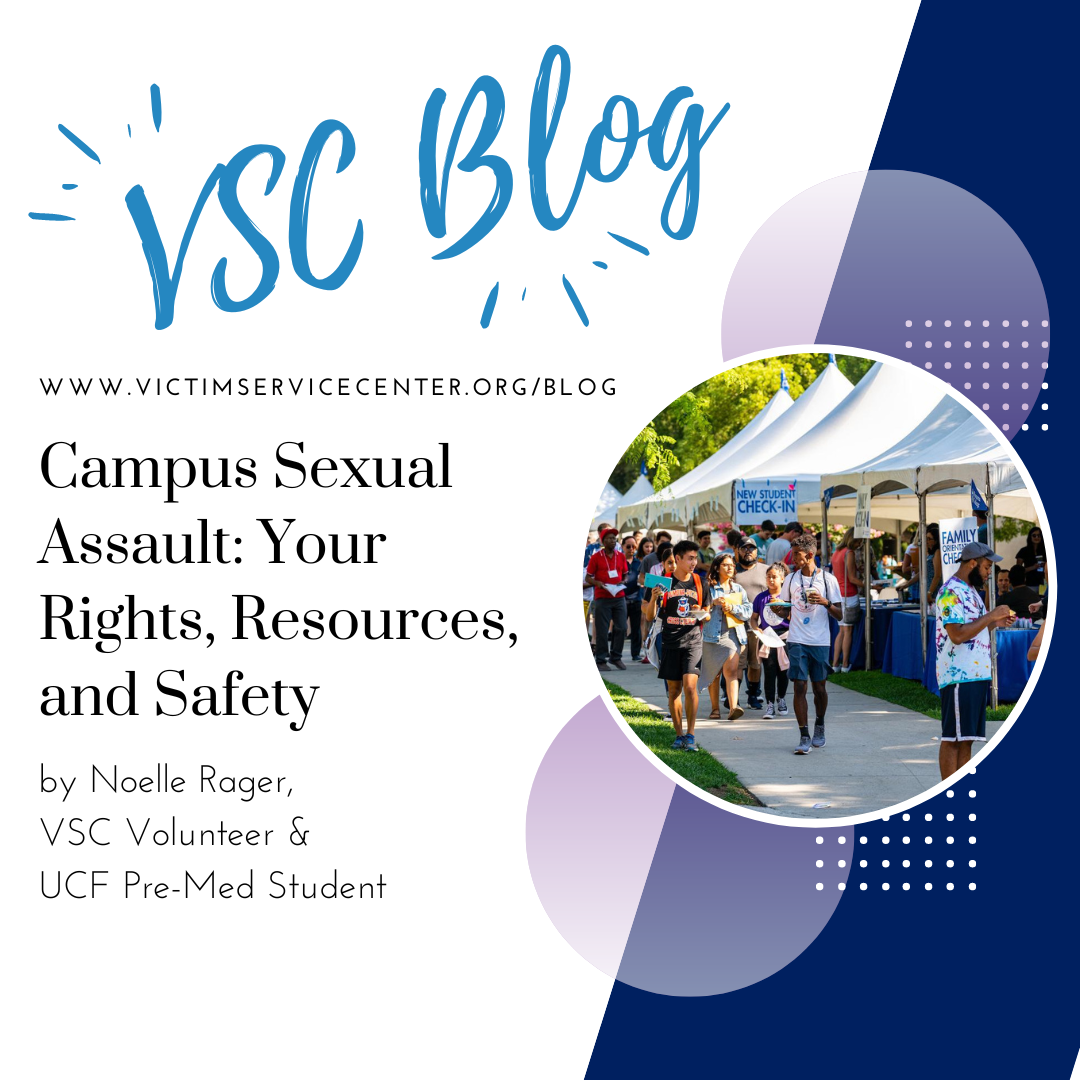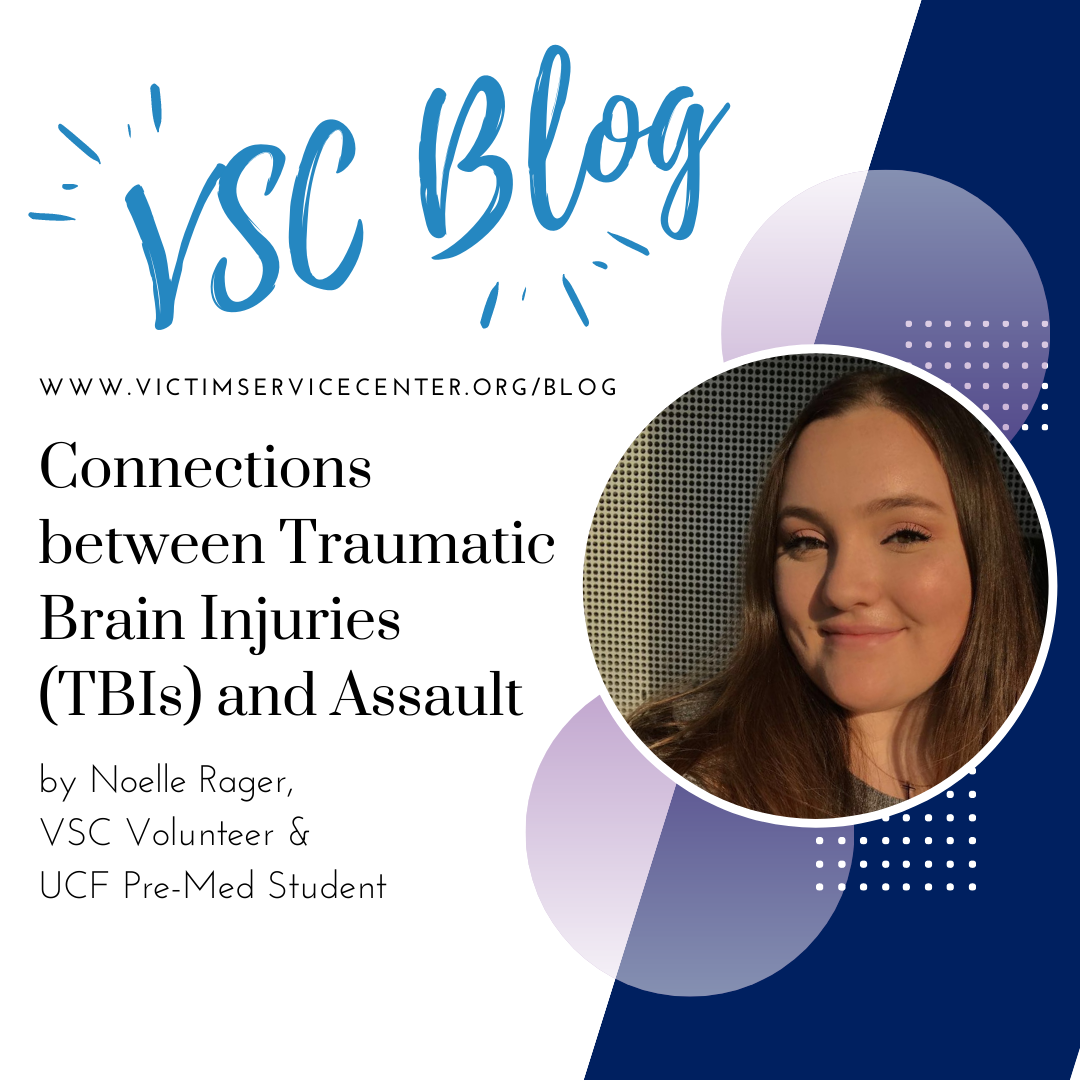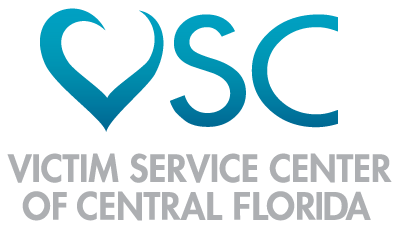by Emily Collins, MSW, VSC LGBTQ+ Victim Advocate/Crisis Counselor

I wrote this blog in May a few weeks before the death of George Floyd. Even though I knew pride would be different this year due to the Covid-19 pandemic, I had no idea how different it would really be. After I watched the video of George Floyd’s murder and saw the whole world rise up to fight injustice and racism, our focus for the month shifted for a lot of LGBTQ+ people. I decided not to rewrite what I originally wrote because the purpose of it was to highlight my experience and what we do to affirm LGBTQ+ identities at VSC. However, I want to add something very important: we must also work hard to address and end white supremacy and the impacts centuries of racism have had on the mental health and safety of black communities. Anyone providing services to human beings, especially victims of crime and trauma, must go out of their way break down barriers of systemic racism. Pride was a riot started by black and brown LGBTQ+ women. Black people, including black LGBTQ+ people and especially black trans people, need us.
________________________________________________________________
June is my ABSOLUTE favorite time of year. Here in Florida the ocean is warm enough to swim in, the lakes aren’t usually too hot to swim in yet, and the days are long and full of activities. But let’s be real, it’s actually my favorite time of year because June is PRIDE MONTH!!! A month rooted in activism dedicated to honoring the heroes and history that came before us while continuing our fight for equal rights and acceptance with the most fun and colorful celebrations you can imagine. While I’m saddened we won’t be able to gather and give out free hugs this year, I’m thankful we are a community that aims to uplift and protect our members. And don’t you worry, we will still find ways to keep the party alive.
On the real, the most important thing about Pride to me is the opportunity it gives LGBTQ+ individuals to be affirmed. I will never forget my first Pride. It was right after I came out which was a strange, anxiety filled, and confusing time in my life. I was visiting a friend in Boston without even knowing it was Boston Pride. The entire town was covered in Rainbow Flags and we stumbled on this massive parade. I felt safe, accepted, and able to be myself in this sea of people that were also comfortable being themselves. I watched with tears in my eyes and it was amazing.
Queer (yes, we have reclaimed the word queer) people come from all different backgrounds. Some grow up in big cities with loving accepting families, some are kicked out at a young age, and some fall in between. But what I can’t stress enough is that because of the discrimination we face, whether it be from our families, communities, or strangers, we face much higher rates of suicide and trauma. In fact according to The Trevor Project, LGB youth are 5x more likely to attempt suicide compared to heterosexual youth. 5x. According to HRC, 47% of trans people report being sexually assaulted in their lifetime. That means, 1 out of 2. These numbers are incredibly high and break my heart every time I think about them. However, the existence of just one affirming person significantly lowers suicide rates. That means affirming someone’s identity, not just during Pride but all year round, can literally be the difference in life or death.
People come to VSC after experiencing terribly traumatic events. Feeling safe, believed, and affirmed is extremely important in their healing journey. I was recently in a training about working with LGBTQ+ people where the facilitator asked if LGBTQ+ people feel affirmed at our agencies, what we do to ensure that, and how do we know if it’s working? I joked with one of my co-workers that VSC affirms LGBTQ+ identities in so many ways I could write paragraphs and he encouraged me to write this blog, so here we are!
Sure there are some simple ways to affirm people: bathroom signs that just say “Restroom” instead of being gendered, those Rainbow safe place stickers in our windows, the pride flags you’ll find in many of our offices (not just the rainbow ones, but trans pride, pan pride, ace pride, and basically any other flag we could find). If people see something that represents their identity, they’re going to feel safer.
Some things we do may not be as obvious. Upon arriving to our office for the first time you’ll be asked to fill out an info sheet and there are many blank spaces instead of boxes to check. The preferred name you put on that sheet is what we’re going to call you regardless of your legal name, the gender and pronouns you write are the ones we’re going to use for you. Life doesn’t always exist within the binary systems society gives us and we know that. And everything is confidential. What you say here, stays here and that includes disclosing your sexual orientation or gender identity. We’re here to support you, listen to what’s important to you, and help you process. We also offer multiple support groups for individuals interested in attending them as part of their healing journey. It’s important for those groups to represent the identities of our survivors. Our Rainbow Resilience group is specifically for LGBTQ+ Survivors of sexual violence to attend if they so choose.
All of our staff do multiple trainings each year. LGBTQ+ cultural competency training is one our new staff get within months of being hired. Our Sexual Assault Nurse Examiners (SANE) get the trainings as well with much focus to working with trans clients. No matter what background you come from, if you find yourself in the position of needing a rape-kit, we will do our best to make it as comfortable as possible. We get implicit bias training where were encouraged to explore our own bias and discomforts; we even talk about them with our coworkers to check in and make sure we can best serve clients from all backgrounds. I think the most important training we get however is suicide training. You can’t talk about LGBTQ+ sexual trauma without acknowledging that suicidal thoughts, ideation, and attempts are a very real part of it and we don’t want anyone to go through that alone.
And last but certainly not least is my personal favorite way we affirm people. We have a Victim Advocate/Crisis Counselor specifically assigned to work with the LGBTQ+ community. When you call us to make an appointment we’ll ask you some questions, one being do you identify as LGBTQ+. If you answer yes, we’ll ask if you’d like to work with the LGBTQ+ advocate. This position was created to make sure LGBTQ+ voices are always represented and heard not only within VSC but within our whole community, the criminal justice system, and each survivors healing journey. This advocate also works closely with other non-profits, especially Zebra Coalition, attends outreaches, and provides trainings on LGBTQ+ Sexual Assault and workshops on Consent.
How do we know it works? Easy: people come back and they tell us it works. We encourage our survivors to be honest with us because we provide a safe space where they can be and being open is beneficial in the healing journey. They tell us what works and what doesn’t. You’d (unfortunately) be surprised how often people tell us they feel seen and safe for the first time after walking through our doors.
I’m sure at this point you’ve already realized I’m the fortunate LGBTQ+ Advocate as VSC. Hopefully this was able to shed some light on the importance of affirming spaces. Maybe it even helped you realize the ways your agency is affirming or gave you ideas of things to change. Thanks for reading and don’t forget, HAPPY PRIDE Y’ALL!
